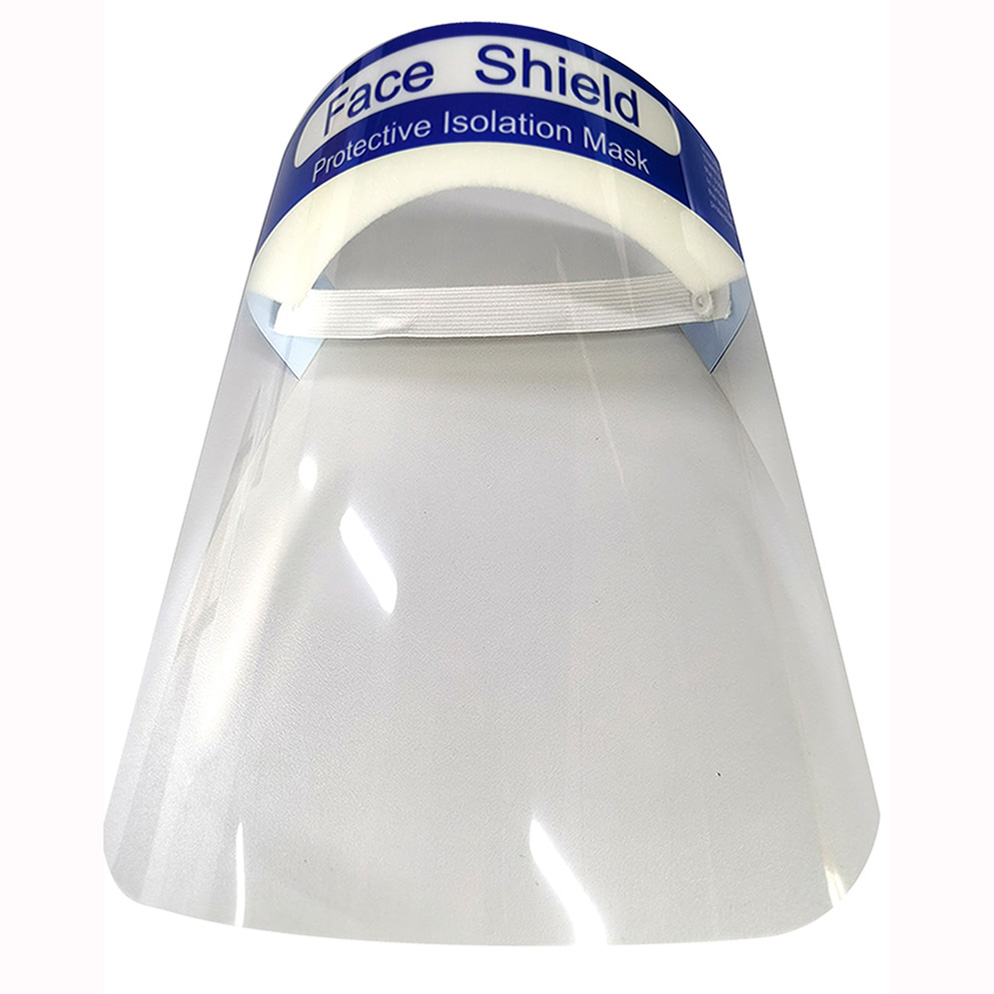According to the relevant regulations of the International Electrotechnical Commission (IEC), a medical isolated power supply system needs to include: insulation monitor, isolation transformer, transformer load and temperature monitoring equipment, and external alarm display equipment. Therefore, many international and national standards have determined that the use of a medical isolated power supply system is the key to the safe and reliable power supply at medical sites.
The medical IT power supply system is also referred to as a medical ungrounded power supply system or a medical isolated power supply. The "I" of the IT mode power supply system means that there is no working ground on the power supply side, or it is grounded at high impedance. "T" indicates that the load side electrical equipment is grounded. The hospital's power supply and distribution methods are quite different from other civilian buildings because leakage currents pose a potential danger to patients in the special environment of hospitals. Especially in operating rooms, intensive care rooms and other special places, because the patient loses or reduces the defense capacity under anesthesia, various electrodes, sensors or pipes are directly inserted into the patient's body. If there is a current of 10 μA directly flowing through the patient's heart, it will cause human body. Death from electrocution, medically known as "micro-shock." Because of this potential danger, many national and international standards are in the medical field, especially those places that are critical for life, such as intensive care units, cardiac care rooms, anesthesia rooms, operating rooms, surgical preparation rooms, surgical recovery rooms, and cardiac catheters. Power distribution in insertion rooms, angiography monitoring rooms, preterm care units, etc. requires special regulations and requirements.
The medical isolation power supply system has high reliability and good safety when the power supply distance is not long. It is generally used in medical type 2 sites that do not allow blackouts or have strict requirements on the continuity of the power supply.
1 medical isolation power supply system composition

1.1 Isolation transformer
The isolated power supply provides isolated safety power to the hospital's important sites through an isolation transformer, with a transformer ratio of 1:1. The primary coil turns of this type of transformer is equal to the number of turns of the secondary coil. At the same time, the primary coil and the secondary coil are highly insulated, and an electrostatic shielding screen is installed to minimize the electromagnetic interference between the two windings.
1.2 Insulation Monitor
The insulation monitor is used to monitor the insulation status of the IT system to the ground. When the system has an insulation fault, an alarm signal can be issued in time to remind the staff to handle it according to the actual situation. At the same time, transformer load current and transformer winding temperature can be monitored to ensure reliable and normal operation of the isolation transformer.
1.3 Centralized alarm and display
It can display monitoring data such as the current insulation resistance and transformer load rate of the medical insulation monitor in real time, and send an audible and visual alarm signal when the system fails. The alarm threshold of the insulation monitor can be set remotely through the alarm and display device. The device is mainly installed in the information control panel of the operating room or intensive care unit so that the medical staff can understand the operating status of the isolated power system and the types of faults when the system fails.
1.4 Insulation Fault Location
Insulation fault location is completed by two parts: fault locator and test signal generator. High sensitivity transformers are used in conjunction with high-precision signal detection circuit to detect the signal injected into the system by the test signal generator and accurately locate the circuit where the insulation fault is located. , to facilitate staff maintenance and repair.
2 The Necessity of Using Medical Isolated Power Supply
(1) Effectively guarantee the normal operation of medical equipment.
(2) Prevent leakage currents in other power supply circuits from entering the medical equipment in special places such as operating rooms, ICUs, and CCUs through grounding wires. This poses a danger to patient safety.
(3) Medical isolated power supplies reduce the potential for ground faults in various medical devices. Once the various medical devices connected to the isolated power supply have a ground fault, because they cannot form a loop to ground, they can only produce a small capacitive leakage current, which greatly protects the patient from leakage current.
(4) When the medical device has an insulation fault, because the neutral point of the power supply is not grounded, when the first point of the insulation failure occurs on the load side, it cannot form a loop because of its ground, and only a small leakage current will be generated. It will cause the protection device (such as air-opening) to cut off the power supply and the operating room will not have a sudden power outage, thus ensuring the continuity of the power supply of the operating room.
(5) The medical isolation power supply reduces the leakage current to the ground, so it improves the fire safety.
(6) When the hospital is troubleshooting and repairing medical equipment, it is often necessary to contact the components in the circuit or the ground wire in the circuit under power-on conditions. The use of a medical isolated power supply can prevent the hospital equipment maintenance personnel from getting an electric shock.
3 It is recommended to access the power equipment of the isolated power system grid
Medical facilities recommend access to the isolated power system grid power equipment including: high frequency electric knife and other high-frequency surgical equipment, defibrillation, ventilator, anesthesia machine, constant temperature incubator, dialysis equipment, monitor, infusion pump, injection Pumps, heart-lung machines, extracorporeal circulation machines, etc.



